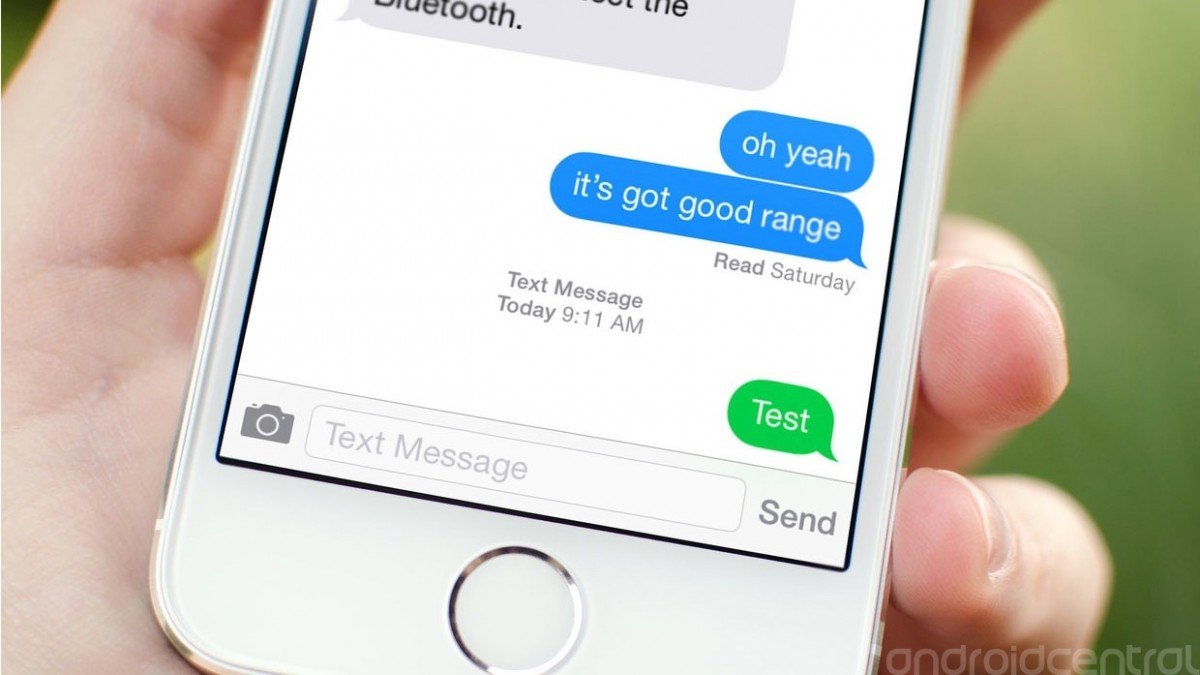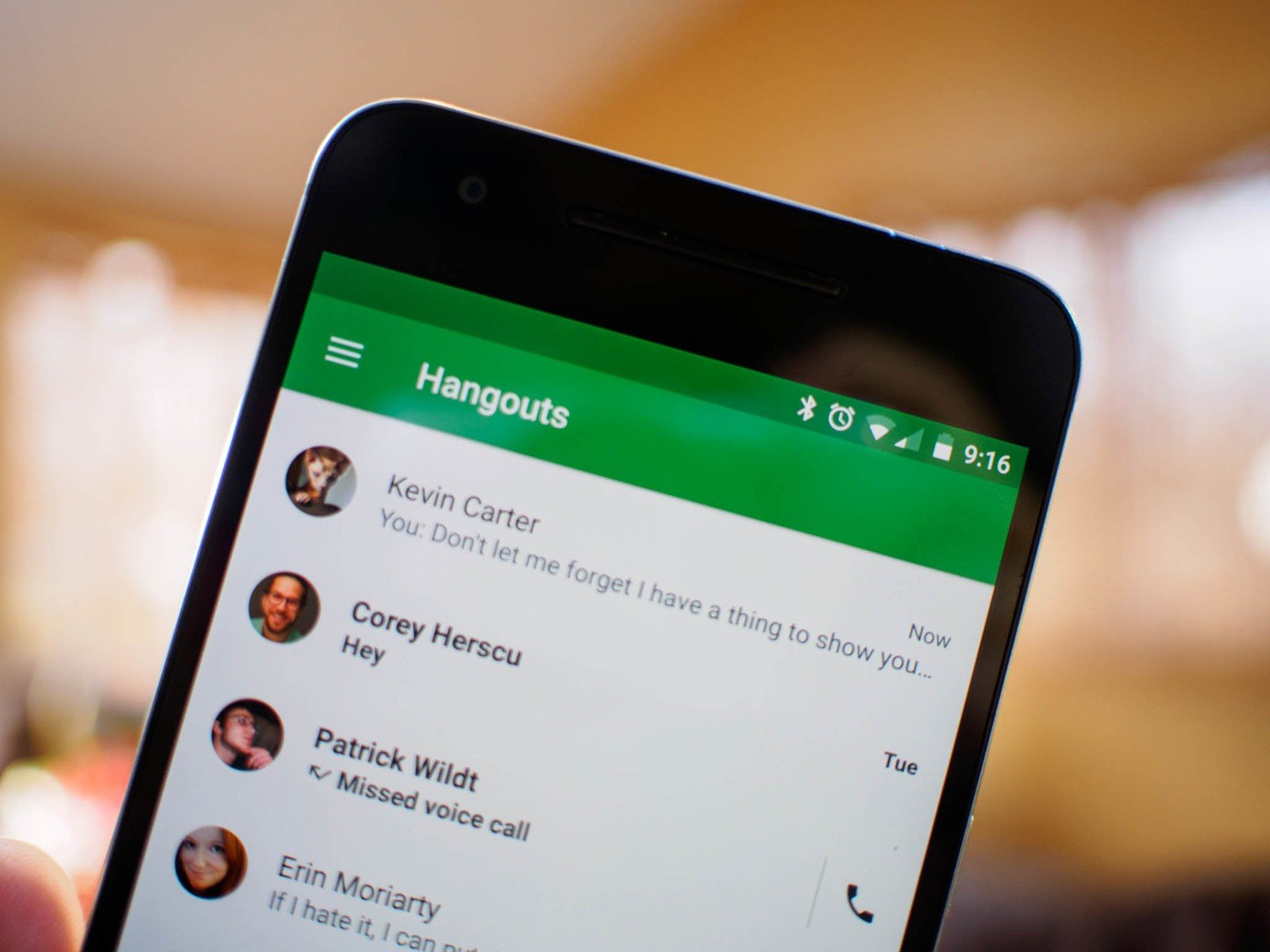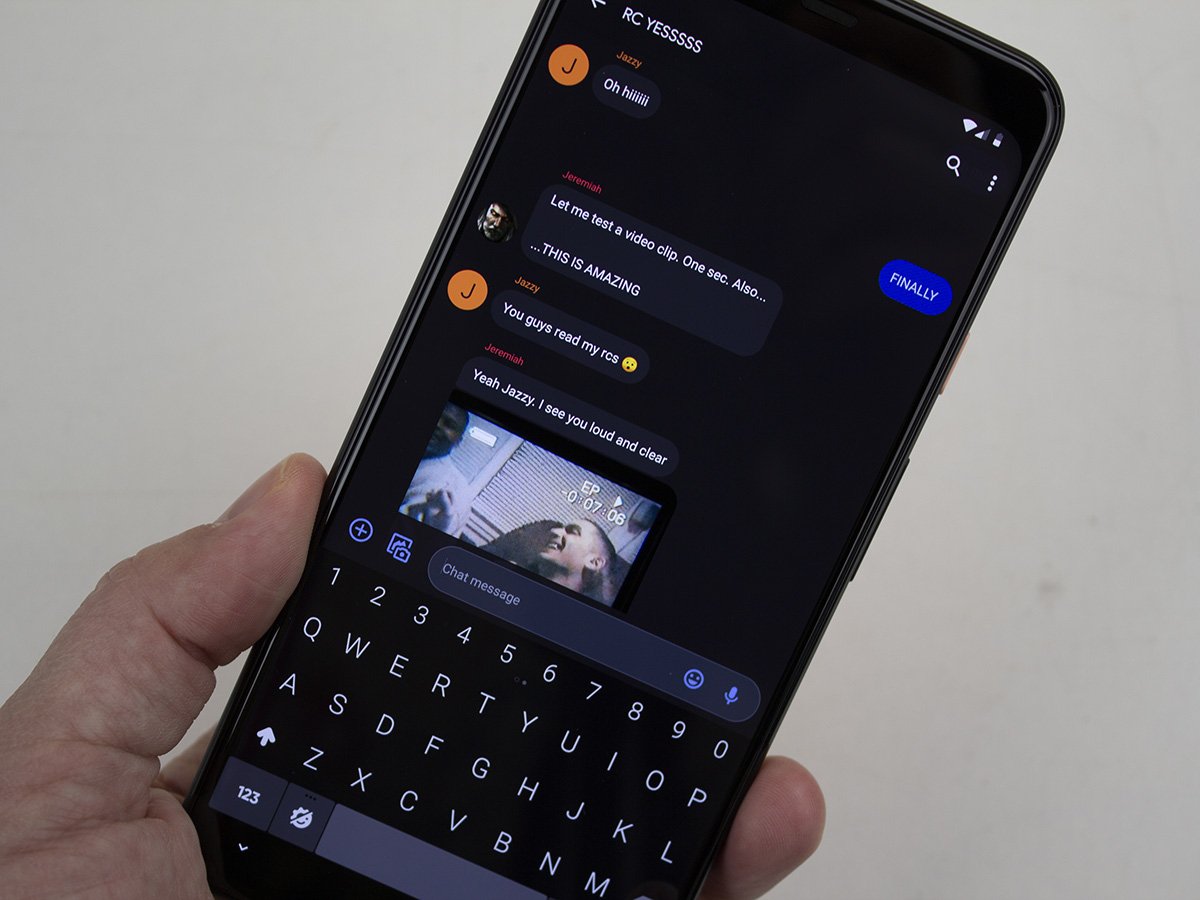Google has a ‘chronically plagued’ problem creating a similar iMessage
Google just has not made an iMessage competitor because "none of the internal Google divisions have a definitive responsibility for messaging"
Instead of complaining about Apple's iMessage service and pushing the company to adopt RCS, Google could easily fix its problem by creating a unified messaging platform, but experts say the company has been "chronically plagued" by too many cooks in the kitchen and have simply not prioritized this.
Last week a Wall Street Journal article detailed how Apple has locked-in U.S. teens with its iMessage service. In response to this, Google's senior vice president Hiroshi Lockheimer tweeted: "Apple's iMessage lock-in is a documented strategy. Using peer pressure and bullying as a way to sell products is disingenuous for a company that has humanity and equity as a core part of its marketing. The standards exist today to fix this."
Apple's iMessage lock-in is a documented strategy. Using peer pressure and bullying as a way to sell products is disingenuous for a company that has humanity and equity as a core part of its marketing. The standards exist today to fix this. https://t.co/MiQqMUOrgn
- Hiroshi Lockheimer (@lockheimer) January 8, 2022
Lockheimer is referring to the solution of having Apple adopt Rich Communication Service (RCS), a standard created by the GSMA in 2008 that is an upgrade to what we all know as SMS. RCS offers better messaging capabilities, and it has end-to-end encryption and support for non-phone devices.
Google has been trying for years to push this standard, and after much persuasion, major U.S. carriers have supported Google's endeavor by making Google Messages the default on the best Android phones, making Apple the main holdout. Apple hasn't publicly declined that it wouldn't adopt RCS, but it is clear through the Epic vs. Apple Trial that Apple is intentionally refusing to give its strong position with iMessage.
"I am concerned the iMessage on Android would simply serve to remove an obstacle to iPhone families giving their kids Android phones," Apple executive Craig Federighi wrote in an email in April 2013, which was revealed during the trial. The email added: "I think we need to get Android customers using and dependent on Apple products."
Will getting Apple to adopt RCS force the company to reconsider its tacit approval of green bubble bullying?In an interview, Ron Amadeo, reviews editor and reporter at Ars Technica, says that Apple is encouraging bullying, but that it's doing so through the iMessage user experience, and this is "designed to 'other' Android users with green bubbles."
He says that this is Apple's marketing strategy and that the company "wants people to look down on Android users." But having Apple adopt RCS doesn't necessarily mean that the bullying will stop, he adds.
"I don't think an underlying protocol change would solve iMessage's UX issues, though. If you swap out SMS for RCS and your bubbles are still green, I don't think anything will change. Bullying is usually not logic-based. Since I think the bullying question is mostly about Apple's marketing strategy, suggesting a protocol change as a solution doesn't make any sense to me," - Ron Amadeo, reviews editor and reporter at Ars Technica.
Anshel Sag, a senior analyst at Moor Insights & Strategy, doesn't necessarily think Apple is bullying but that the company's policies have enabled this behavior.
"Apple ultimately cares about what's best for its own ecosystem and users, and their behavior around iMessage and RCS has made that quite clear. I don't think Google rolling out its own version or competitor to iMessage will solve the problem."
Why can't Google create a unified messaging system? TLDR: messaging services are just not a primary responsibilityAmadeo writes in an Ars Technica article that "Google giving other companies advice on a messaging strategy is a laughable idea since Google probably has the least credibility of any tech company when it comes to messaging services."
Google doesn't have divisions that have definitive responsibilities for messaging, says Ron Amadeo
Since the launch of Apple's iMessage in 2011, Google has launched 13 different messaging apps, he writes in a tweet.
"It's so embarrassing to complain about this. We begged you to support a single messaging platform for years. We screamed that messaging was important and that you should throw resources behind it. You had a good platform when Hangouts supported SMS but you just...lost interest," he tweeted.
Since the launch of iMessage in 2011, Google has launched 13 different messaging apps. Maybe take the L on this one. You deserve it. https://t.co/cYwMFzmGig https://t.co/INyk4C1YWH
- Ron Amadeo (@RonAmadeo) January 9, 2022
Amadeo says to Android Central that the crux of the issue is that Google just has not made an iMessage competitor because "none of the internal Google divisions have a definitive responsibility for messaging, and the Google CEO won't demand any division to make messaging a primary responsibility."
Rene Ritchie, a technology analyst and former editorial director at iMore, agrees and says that Google is "chronically plagued by too many cooks in the kitchen, a ton of internal politics, and many competing agendas."
"Why was Hangouts killed? Politics. Why is every Pixel so different? Politics. It's a hard problem for them to solve," he says.
Ritchie adds that if Google had something that was equivalent to WhatsApp, Messenger, or Instagram IM, this messaging issue wouldn't have been so big.
"Likewise [Google's] share in North America is dropping. If they were growing Android here, I don't think it would have come up. It's astonishing Google of all companies didn't lock this up," he says.
Because Google just simply hasn't cared or prioritized a unified messaging system, customers have also not cared, says Carmi Levy, a technology analyst,
"Google has launched a number of attempts over the years to compete directly against iMessage, but they have all largely failed due to the company's unwillingness and/or inability to properly resource the services at launch, and consistently market them to users over time," he says. "Similar to Google's ill-starred attempts to become a serious player in the social media space (remember Buzz, Orkut, and Google+?), its half-hearted attempts to lead the messaging space have failed to captivate users and get them to standardized messaging workflows on these new products."
The issue between Google and Apple is important and you should be caring about RCSAndroid Central recently conducted a poll asking readers if Apple should adopt RCS or bring iMessage to Android phones. Of the 2,741 respondents, 76% said iMessage should get RCS support, while 23.5% said Apple should bring iMessage to Android.
One reader, deltatux, notes how neither of Apple or Google's messaging apps are widely used outside of the United States, but bringing RCS to iMessage would still be in line with Apple's desire to keep its app platform-specific:
In many parts of the world, iMessage doesn't have a stranglehold on the messaging market, so this issue largely affects the U.S., it seems. Outside the U.S., many have been on WhatsApp, Telegram, WeChat, Viber, LINE, Signal, etc., where they're already multiplatform.
While RCS isn't ideal, it is a direct replacement for SMS. Apple wants to lock users in with iMessage to keep iPhone sales, so bringing RCS to iMessage wouldn't run counter to their desire to lock iPhone users in.
Outside the U.S., I'm not sure how compelling it would be for users if Apple launched iMessage on Android, considering many iPhone users in these markets likely use a multiplatform messaging app alongside iMessage already, and Android users are likely comfortable there already.
Here in Canada, people often expect you to have at least WhatsApp. Sure, iMessage is widely used here, but it's not an expectation like it is in the States, it seems.
Whether you're an iOS user with blue bubbles or an Android user who pops up as green bubbles, Ritchie says that RCS is still a new system that people should care about.
"While it's still not mature and most people in the world have gone to apps, having iMessage fail over to SMS isn't private or secure. I'd much rather it fail over to RCS, which is 1:1 encrypted now and I think working on 1:N encrypted," he says.
While the issue of Google urging Apple to adopt RCS and complaining about iMessage has been ongoing for a very long time, Sag says that it's still a story that people should care about.
"It has been an ongoing concern in my eyes because it impairs people's ability to communicate with each other and to do so quickly and effectively," he says. "Having an Android user on a group chat does break the user experience for iMessage users, and having iOS users on a chat sending Android users notifications that they hearted a message is also pretty useless without an actual visual cue there."
On the flip side, Levy adds that Google likely cares about the RCS/iMessage narrative far more than its customers do. He says that while some Android users might feel "somewhat sheepish" when their message comes up as a green bubble for iOS users, "in the end, I think Google's accusation is a little more than an indication of its frustration at being left behind by a competitor."


